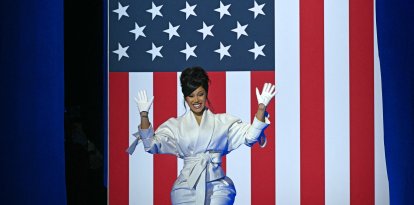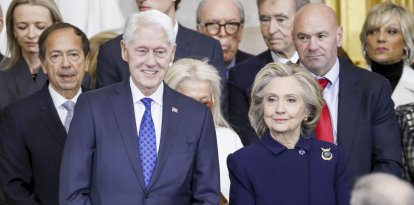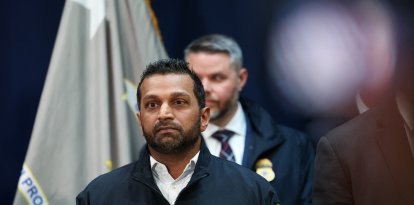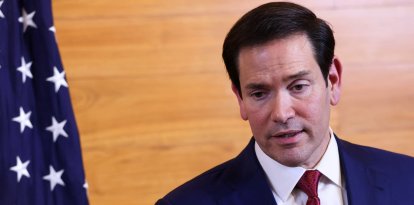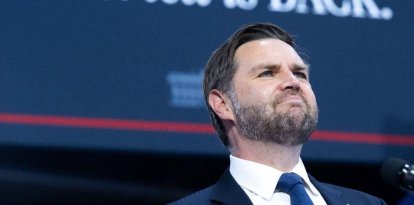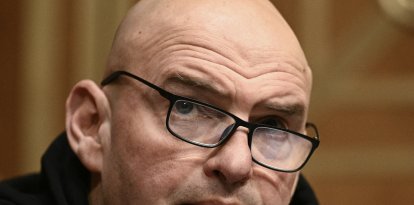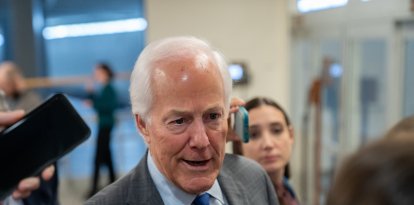Commerce secretary says he's 'optimistic' about second day of talks with China
"We're optimistic that things will work out well," Lutnick said in an interview released to the media Sunday.

U.S.-China summit
U.S. Commerce Secretary Howard Lutnick expressed optimism about trade negotiations with China in Geneva, aimed at resolving the ongoing dispute between the world’s two largest economies.
"We're optimistic that things will work out well," Lutnick said in an interview aired Sunday. He emphasized that the talks are "really important" for both countries and noted that delegations are working intensively to reach an agreement, though he declined to provide details about the discussions.
U.S. and China resume trade negotiations
Negotiations between the U.S. and China resumed Sunday in Switzerland, following President Donald Trump’s praise of the “full reset” in relations and what he called “great progress.
The president was optimistic after the first day of talks aimed at de-escalating the trade war that began when he imposed steep tariffs on several countries—most notably China. Beijing responded with tough retaliatory measures.
"A total reset negotiated in a friendly, but constructive, manner," Trump said in a Truth Social post.
The second day of closed-door meetings resumed shortly after 10 a.m. local time.
The first meeting between the countries
Saturday’s meetings were held at the residence of Switzerland’s Permanent Representative to the UN in Geneva and concluded around 8 p.m. local time. The Chinese delegation was led by Vice Premier He Lifeng, while Treasury Secretary Scott Bessent headed the U.S. team.
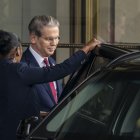

Economy
"Fentanyl is key piece": Xi Jinping sends security czar to Washington-Beijing trade talks in Switzerland
Emmanuel Alejandro Rondón
U.S. Trade Representative Jamieson Greer attended the meeting, though it remained unconfirmed whether Wang Xiaohong—China’s top security official and a close ally of President Xi Jinping—ultimately participated in the Geneva talks. His involvement had been anticipated, as the fentanyl crisis and China’s efforts to combat the trafficking of precursor chemicals were central to the discussions.
Since returning to the White House in January, the Republican leader has launched a tariff offensive, which he defends as a strategy to counter what he views as unfair trade practices and to protect U.S. jobs.
The tariff war
In response, China imposed tariffs of 125% on U.S. goods, leading to a stagnation in bilateral trade between the world’s two largest economies.
Ahead of the weekend negotiations, President Trump hinted at the possibility of reducing tariffs on China to 80%.
However, White House Press Secretary Karoline Leavitt later clarified that the U.S. would not make unilateral cuts and emphasized that China must also make concessions.
Both sides worked to manage expectations. Treasury Secretary Scott Bessent noted the talks are focused on easing tensions rather than securing a sweeping trade agreement, while Chinese officials reiterated that the U.S. must take the first step by reducing tariffs.













